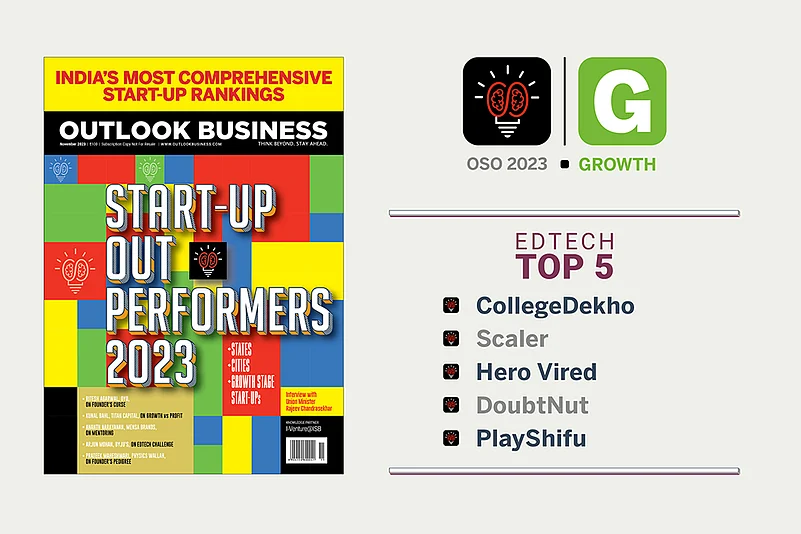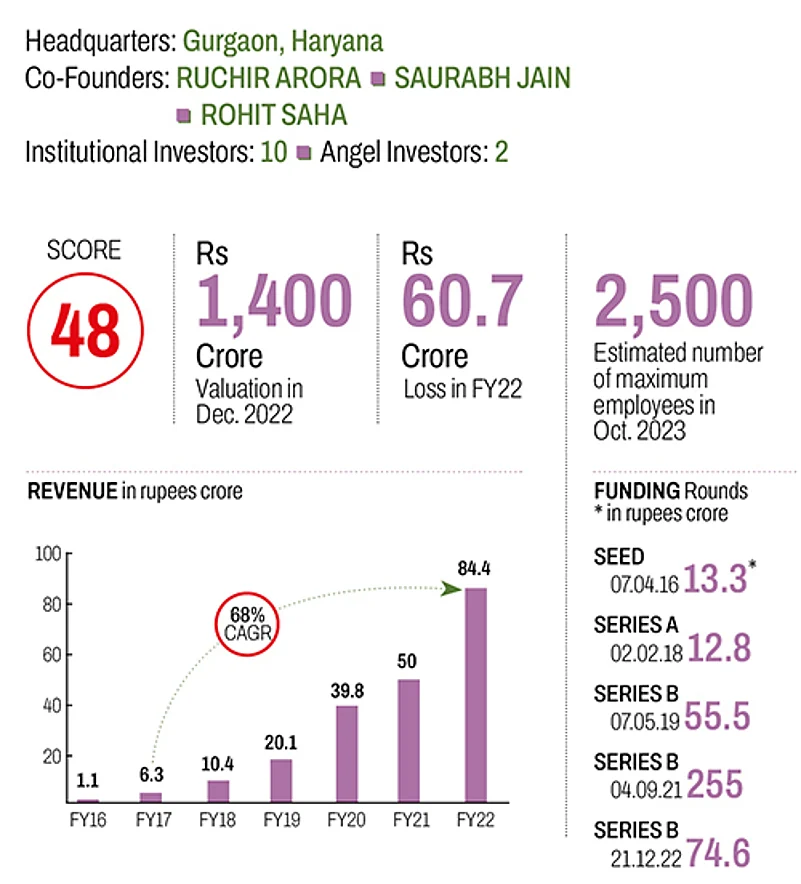
01 CollegeDekho
When the founders launched CollegeDekho, a platform to provide higher education guidance and assistance with college enrolment, in 2017, they had just five colleges listed on their website. Today, CollegeDekho claims to have more than 35,000 colleges listed on its site, besides information on various exams, courses and career options available in India. According to the company, it generates more than 225 million online sessions annually. Since its inception, CollegeDekho has guided over 85 lakh students and facilitated 1.3 lakh admissions.
This year, it launched CollegeDekho Saarthi, a physical fair for student counselling. It has already held two-day fairs in seven cities—Gorakhpur, Ranchi, Patna, Lucknow, Dehradun, Agra and Meerut.
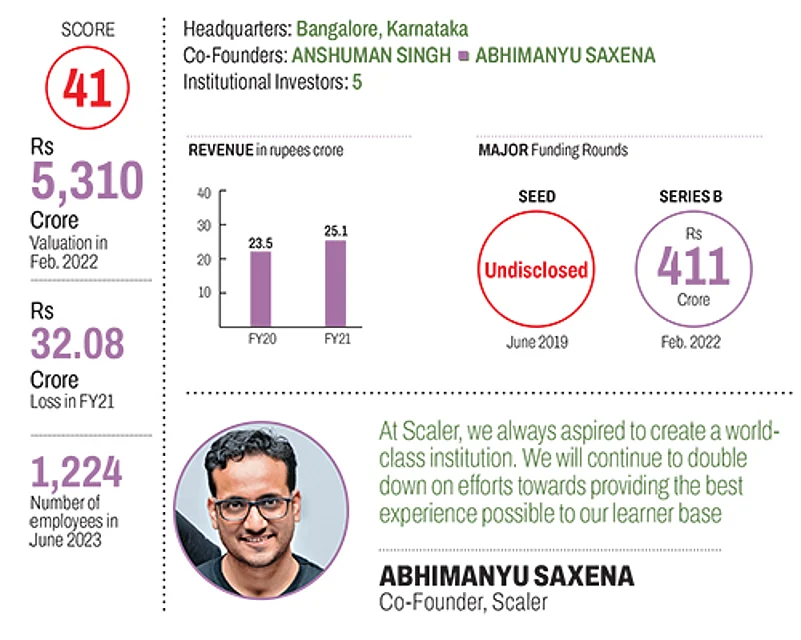
02 Scaler
Upskilling Students to Bridge Industry-Education Gap
Recognising the gap between university education and industry needs, tech veterans Abhimanyu Saxena and Anshuman Singh, from Fab.com and Facebook respectively, launched InterviewBit, a platform to prepare people for tech interviews. In 2019, they launched Scaler which provides industry professionals-led education to bridge the knowledge-practice gap.
According to a KPMG-commissioned Scaler Placement Assessment Report, Scaler-trained professionals saw a salary hike of 126% in 2019–2022. The average salary of Scaler learners is Rs 21.6 lakh per annum.
This year, the company launched the Scaler School of Technology in Bangalore, Karnataka.
According to Singh, Scaler’s focus is on sustainable revenue growth, driven by a commitment to deliver high-quality education. It has also ventured into generative AI with a GPT 4-powered AI teaching assistant, reducing costs while enhancing user experience.
03 Hero Vired
Raising the Employability Quotient
Hero Vired, an edtech start-up under the Hero Group, was founded in 2021 with the aim to make education inclusive by reaching learners in Tier II and Tier III cities. The start-up aims to create a learning ecosystem that equips individuals for future challenges through quality learning. It claims to be committed to providing comprehensive professional development, making learners industry-ready for emerging roles and professions.
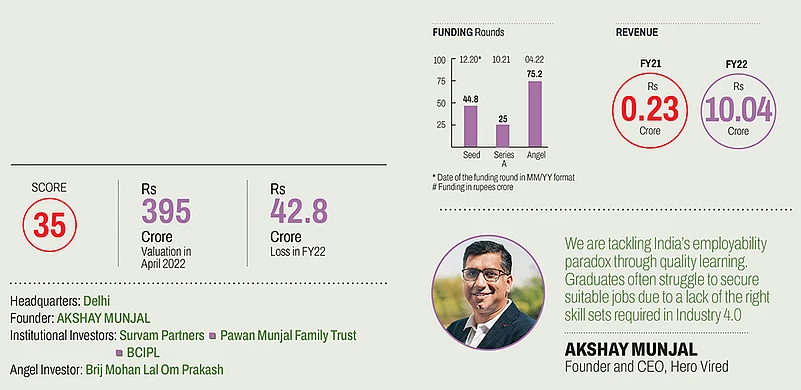
The company has collaborated with over 100 prominent industry partners to offer opportunities for masterclasses, internships, job placement assistance and curriculum guidance.
Hero Vired is looking at doubling its net revenue in FY24, says Munjal. According to him, the start-up is actively pursuing international expansion, particularly in the African and the Middle Eastern markets.
04 Doubtnut
DoubtNut, founded by Aditya Shankar and Tanushree Nagori in 2016, is a doubt-solving platform that uses technology to help students with queries related to their studies. It aims to democratise education by providing free access to educational resources.
The students can upload images of their queries on the platform and get immediate responses from the database of answers prepared by teachers. The logic is that students often find the same set of questions tough and, hence, the doubts of several students can be resolved with a limited number of teachers. The platform uses artificial intelligence and image recognition to solve questions in subjects like maths, physics, chemistry, biology and others.
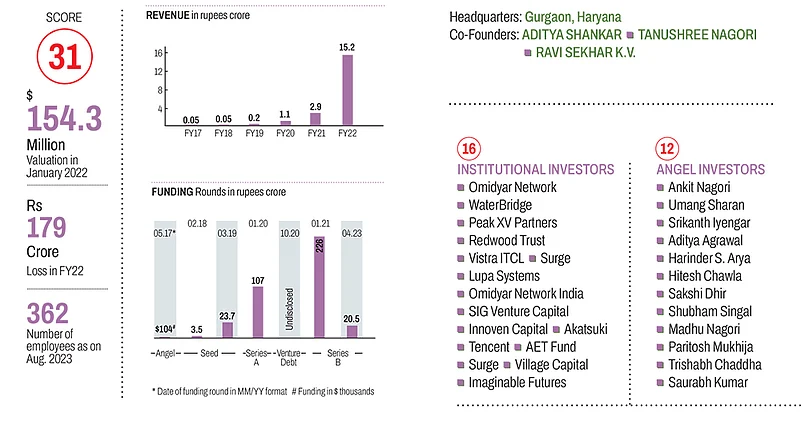
DoubtNut’s core audience is the K-12 segment as well as aspirants for competitive exams like JEE and NEET and others. It has also connected students and teachers from different parts of the world.
The company’s revenue comes from the sale of subscription services. Its current valuation is $154.36 million. It has raised $52.4 million in funds so far. Its annual revenue in FY22 was Rs 15.50 crore, up from Rs 2.9 crore in FY21.
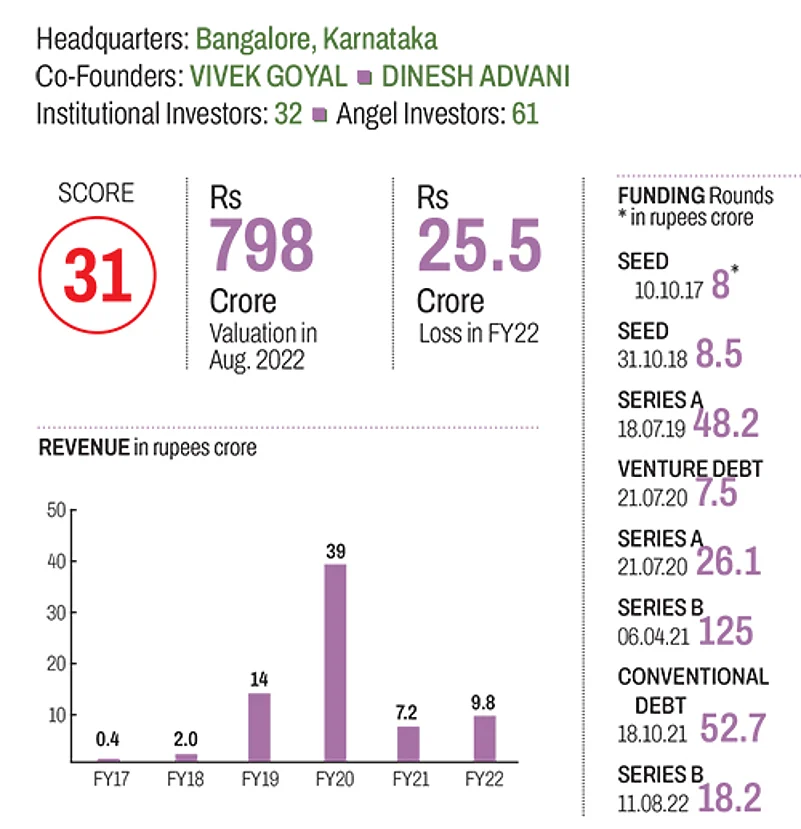
05 Playsifu
Friends Dinesh Advani and Vivek Goyal founded PlayShifu in 2016 to help take children away from gadgets and engage them in productive activities. The toy company offers a variety of immersive and educational products for children in the age group of four to 12 that teach science, technology, engineering, arts and math (STEAM) and other foundational skills in a fun way.
PlayShifu uses eco-friendly materials and processes in its production. According to the founders, its products are made of recycled paper, cardboard and wood, and are designed to minimise waste and energy consumption. It ensures that its packaging is biodegradable and compostable, and that its products are durable and reusable. It has over 1.5 million users. It has a distribution network covering over 30 geographies.







